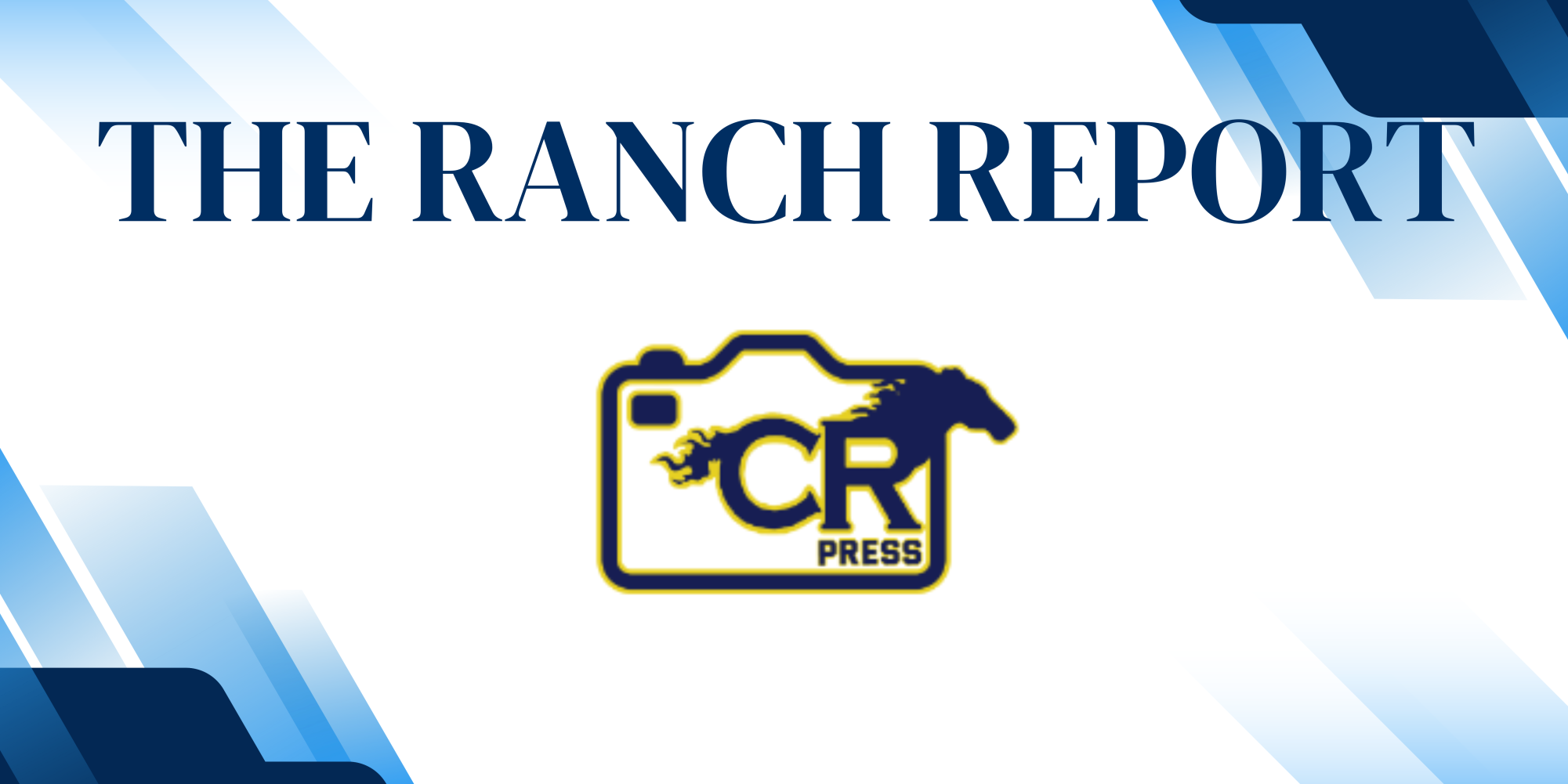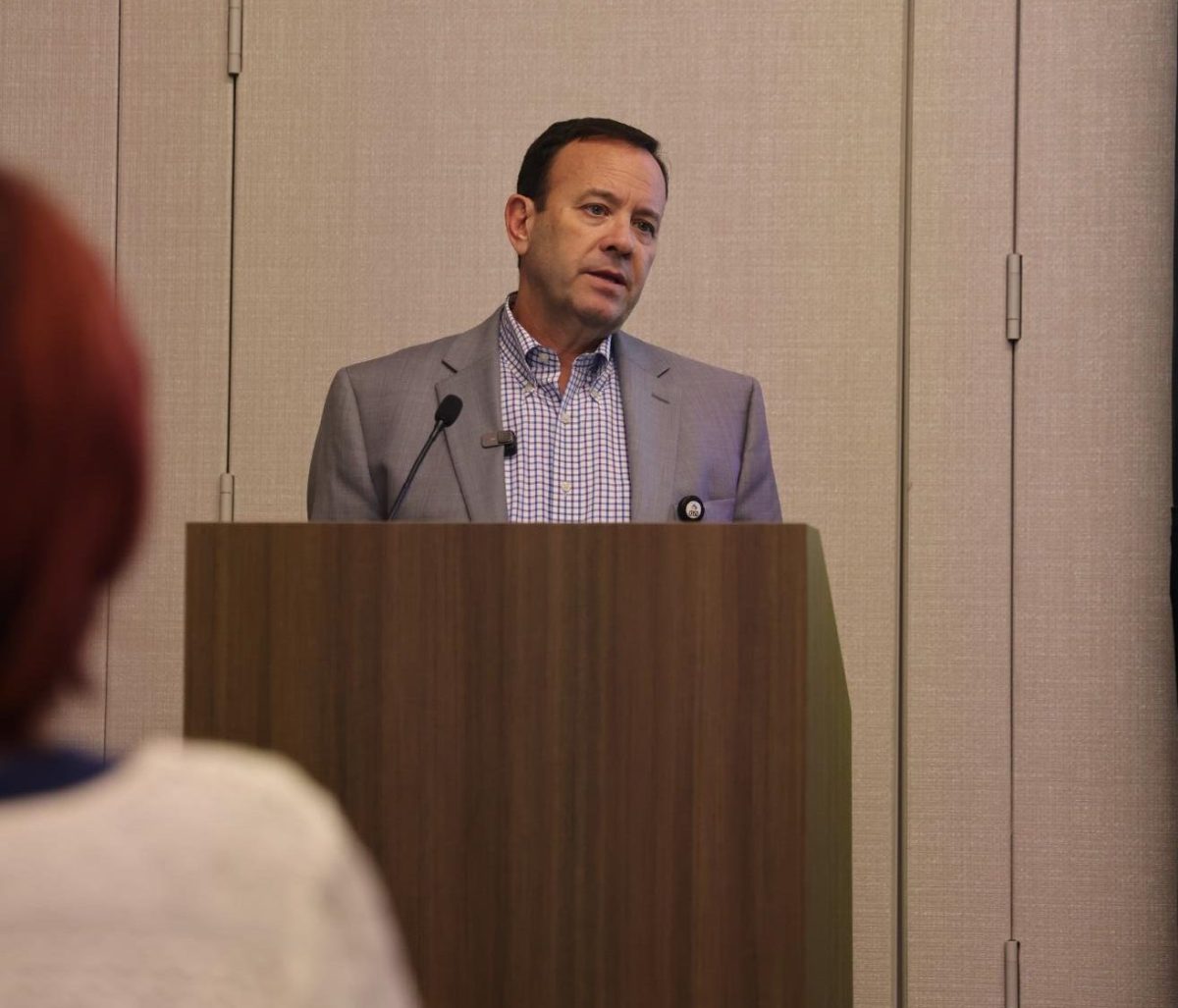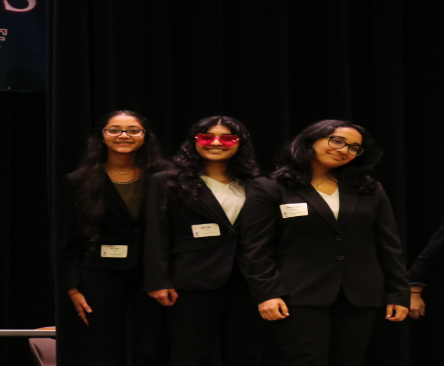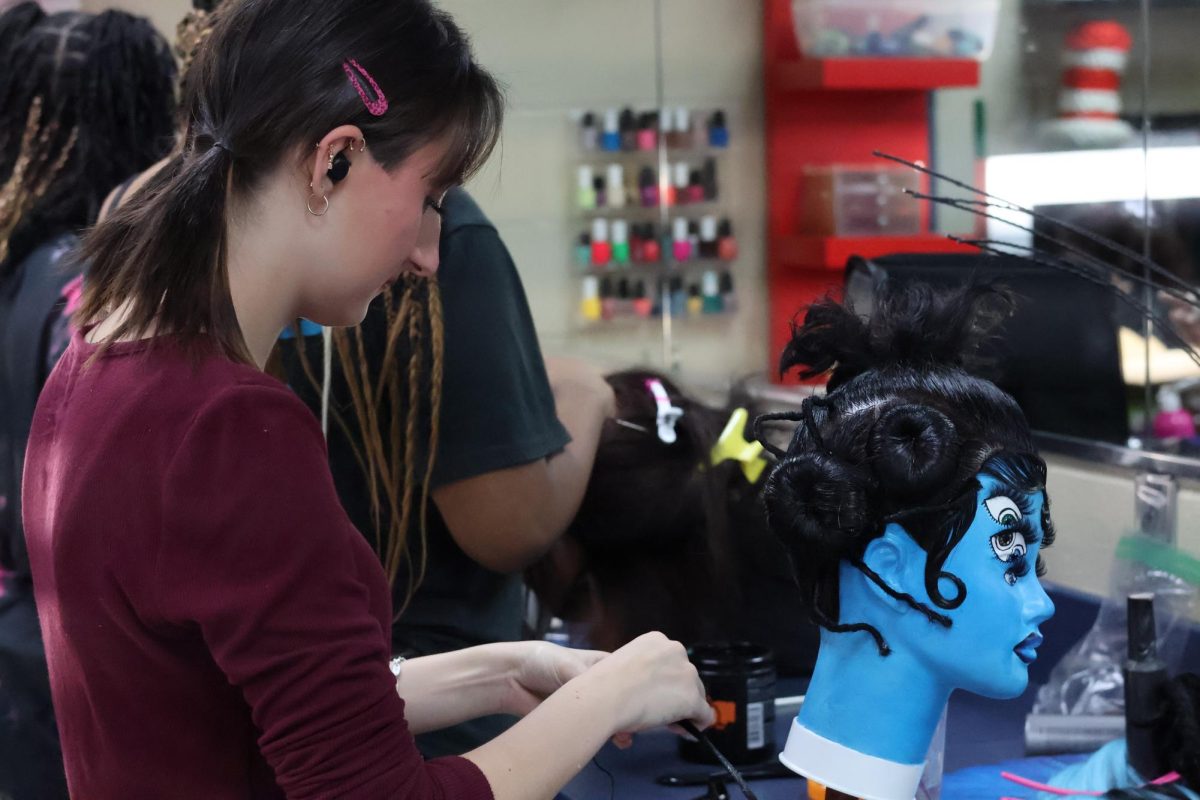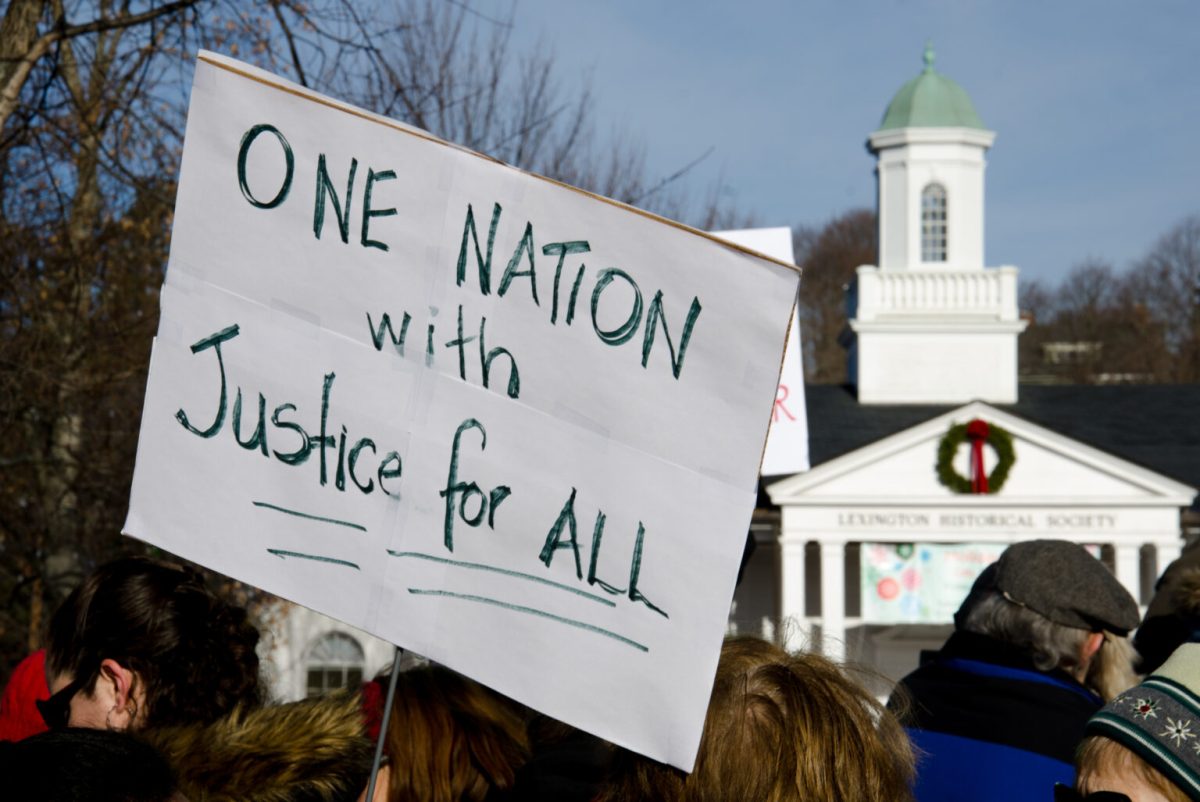TikTok, one of the world’s most downloaded apps, has faced growing scrutiny from governments around the globe in the latest years, resulting in bans and restrictions. As the controversy over TikTok’s destiny keeps unfolding, it raises critical questions on information privacy, country-wide protection and the developing effect of social media.
Why Was TikTok Banned
The number one motive for banning TikTok in large part revolves around security, privacy and political worries. Governments, mainly inside the U.S. and EU, argue that the app poses a big threat because of its ties to Chinese-owned company, ByteDance. Officials worry that consumer statistics accrued by the app are accessed by the Chinese government, elevating national protection dangers. These issues intensified after a file from the Wall Street Journal revealed that TikTok’s determined company had right of entry to consumer records without clean regulations, leading many to fear that it could be misused for espionage or impact campaigns.
Another concern is the app’s set of rules, which may accumulate a widespread amount of records on users’ conduct, pursuits and alternatives. Critics argue that TikTok’s algorithm may be used to promote propaganda or control users, influencing elections and public opinions. However, TikTok has continually denied that it stocks personal facts with the Chinese authorities and claims that it shops data in nations just like the U.S. and Singapore to ease protection issues.
Countries Banning TikTok
The TikTok ban is not a global phenomenon, however, it has won momentum in unique countries. India changed into one of the first fundamental countries to ban the app in June 2020, bringing up national safety dangers and the app’s alleged misuse for spreading misinformation. The United States, under Trump management, also made actions to prohibit TikTok in 2020.
Different countries have adopted distinctive tactics to ban TikTok. In some areas, the app is entirely banned, while in others, including the U.S., the focus is mainly on limiting authorities’ utilization of the app.
TikTok’s Response
In response to the growing strain, TikTok has made several efforts to cope with issues. The corporation has continuously denied any wrongdoing, emphasizing that it stores consumer statistics in nations outside of China and has applied new transparency measures to deal with privacy issues. TikTok additionally hired several excessive profile executives to bolster its operations within the U.S., such as a former Disney executive to guide its U.S. Operations.
To address privacy concerns, TikTok has allowed the U.S. and Europe to have unbiased auditors to study its statistics practice.
Impact on Users
The TikTok ban has a profound impact on its large consumer base. The app, which boasts over one billion users globally, has become a crucial platform for content creators, influencers and organizations. With the app banned in some regions, many creators have had to leave to other social media such as Instagram Reels, YouTube Shorts or Snapchat Spotlight to keep sharing their content.
For customers in countries in which TikTok is banned, the regulations have brought about frustration and a shift towards other social media systems. However, there is no clear alternative for TikTok’s specific combination of short-shape videos, viral demanding situations and algorithm-driven content material discovery.
Future Developments
The future of TikTok stays unsure. TikTok is likely to continue making efforts to cope with privacy and security worries.

